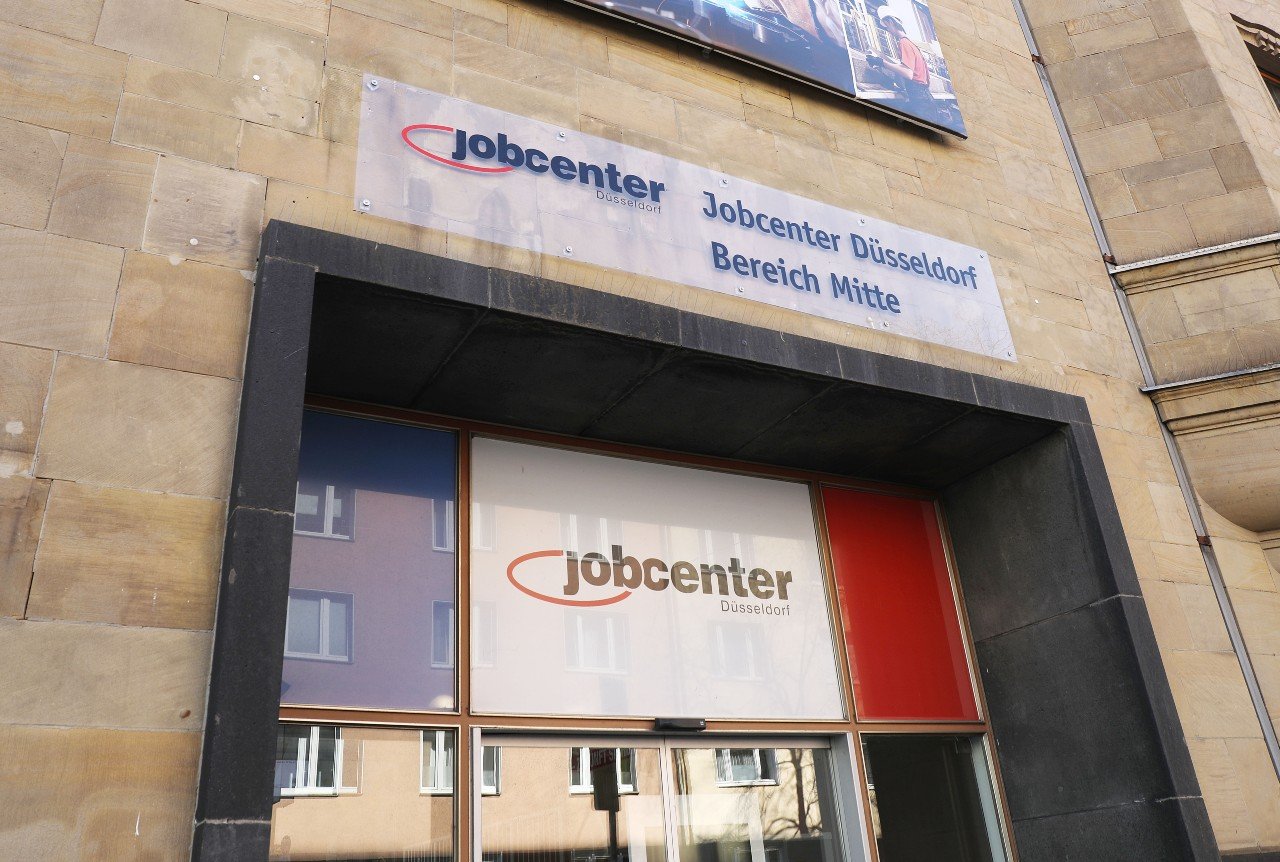In response to the energy crisis, the German government is giving a €300 payment, subject to tax, to people in employment. It’s known as the Energiepreispauschale or EEP.
It will be paid out alongside wages into employees’ bank accounts starting this month. Self-employed people can deduct it from their advance tax payments or when they submit their tax return next year.
READ ALSO:
- What you need to know about Germany’s €300 energy relief payout
- How much money will you get from Germany’s energy relief measures?
Now a German consumer advice centre has warned that scammers are trying to trick people by getting them to apply for the payment, even though that’s not how it works.
The NRW Verbraucherzentrale (consumer advice centre) says an e-mail has been circulating claiming to be from a savings bank. Through this email, scammers are trying to trick recipients into opening a fraudulent website and entering personal data.
Fraudsters are also trying to obtain personal data via SMS. In both cases, the scammers claim this is the only way to receive the government’s energy relief payment.

What do the fraudulent messages say?
The phishing e-mail explains who will receive the energy payout from the German government’s relief package. What is interesting – and may catch people out – is that the fraudulent message has almost no spelling mistakes and is written in good grammar.
In order to get recipients of the scam to click on the link to a fake Sparkasse website, the email states: “In order to be able to establish your identity as well as your entitlement to a payout, we require confirmation of the data you have already provided when creating your checking account at one of our branches.”
People are told that it’s only by doing this that they are guaranteed to get the payment “in the next four weeks.”
Similar claims exist with the logos of other banks including Volksbanken and Raiffeisenbanken.
Criminals have also been using phone messages to try to lure unsuspecting people to dubious websites and grab data.
In one scam, people receive a message from the Finance Ministry that says: “You have yet to receive an amount of €254.33. Verify yourself and receive the amount.” They are then asked to click on a link.
READ ALSO: What you need to know about Germany’s €300 energy relief payment
What should you do if you receive a scam like this?
The consumer advice centre has urged people to remain on guard.
“Do not fall for this trick,” they said in a statement. “No bank or savings bank has to check data for the payment. The payment is made through wages or salary.”
“If you receive a message asking you to provide your data for the payment of the energy flat rate, do not follow any link contained in it,” they added.
Anyone who gets a message like this should mark the email as spam.
“If you receive a similar request through a text message on your phone, ignore it and block the sender number,” said the consumer advice centre.
Experts said by entering data on a linked website, scammers can try and carry out crimes such as identity theft or make criminal transactions with people’s details. If this happens, you should report it.
“As a precaution, you should file a report with the police – especially if you notice unusual money debits or receive bills for goods and services you did not order,” said the advice centre.
How do I actually get the payment?
The energy relief payment is for all workers who pay tax and social insurance contributions in 2022.
For employees, the allowance should be paid out in addition to your salary through the employer’s payroll. The employer has to pay the money to all staff who were employed by them on September 1st, 2022.
So some employees will receive it in September with their monthly salary, however a few people may not receive it until October. This is because some employers only have to submit the corresponding income tax return quarterly (instead of monthly).
If you have any questions or concerns, you should check with your boss.
People who are self-employed can deduct the lump sum from their advance tax payments in September. There is also the option of claiming it back with a tax declaration next year.
Those in this position should check with their accountant or the tax office if they have any questions.
Vocabulary
Relief packet – (das) Entlastungspaket
Fraudsters/scammers – (die) Betrügerinnen
Fraud attempt – (der) Betrugsversuch
Similar/comparable – vergleichbare
We’re aiming to help our readers improve their German by translating vocabulary from some of our news stories. Did you find this article useful? Let us know.





 Please whitelist us to continue reading.
Please whitelist us to continue reading.
Member comments